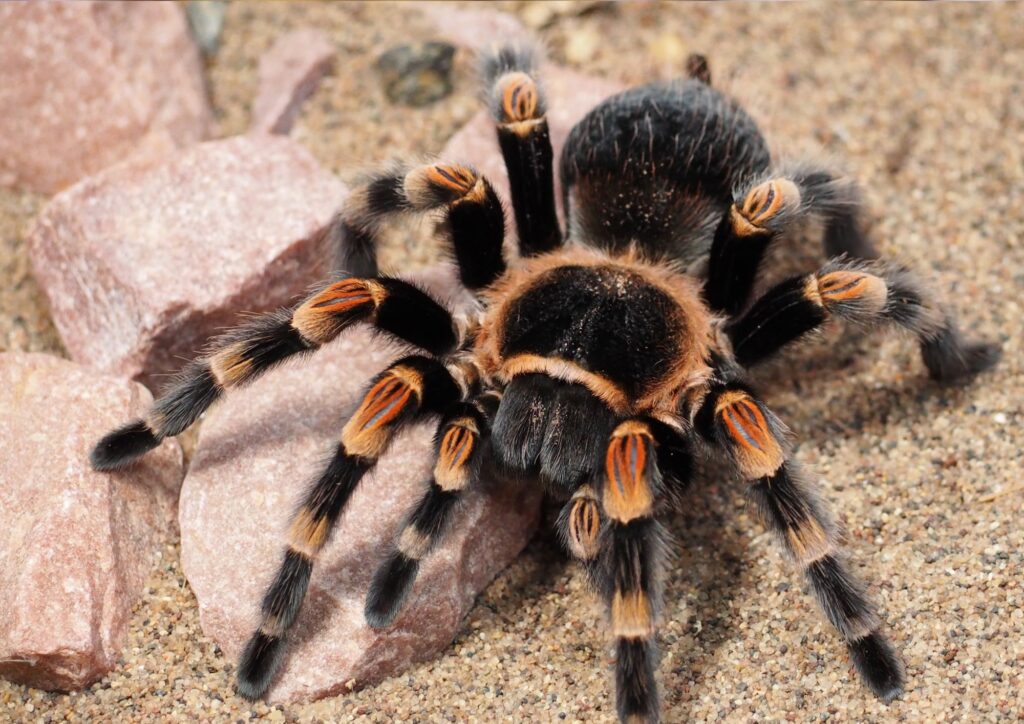How Spiders Help Farmers and Gardens: Nature’s Pest Control Experts
The Garden Helpers You Never Knew You Needed
When most people think of spiders in the garden or on the farm, their first reaction is often fear or disgust. But in reality, spiders are some of the most valuable allies for both farmers and home gardeners.
Forget pesticides—spiders offer natural, chemical-free pest control that supports healthy crops, thriving gardens, and balanced ecosystems. In this article, we’ll explore how spiders help farmers and gardeners, and why you should welcome these eight-legged protectors with open arms.

1. Natural Pest Control – No Chemicals Needed
Spiders are voracious insect eaters. They prey on a wide range of pests that commonly damage crops and plants, such as:
- Aphids
- Caterpillars
- Mites
- Grasshoppers
- Leafhoppers
- Whiteflies
- Mosquitoes and flies
By reducing pest populations, spiders help:
- Protect crop yields
- Prevent plant disease
- Minimize the need for synthetic pesticides
Fun Fact: A single spider can consume up to 2,000 insects per year—making them one of nature’s most efficient pest managers!
2. Safe for Pollinators and Soil Health
Unlike chemical insecticides that may kill beneficial insects like bees, butterflies, and ladybugs, spiders are targeted hunters. They don’t destroy pollinator populations or contaminate the soil.
This means:
- Healthier pollination (which boosts fruit and seed production)
- Less pesticide runoff into the ground and water
- More sustainable farming and gardening
Spiders contribute to organic and eco-friendly agriculture without lifting a finger—or a fang!
3. Webs That Work Like Traps
Many garden spiders spin intricate webs between plants or along garden beds. These webs act as natural traps for flying and crawling pests.
Some common web-building spiders that benefit gardens include:
- Orb-weavers: Spin large, round webs that catch flying insects
- Funnel-web spiders: Build ground-level webs that trap crawling bugs
- Sheet weavers: Create thin, layered webs in low vegetation
The best part? These webs are constantly rebuilt, so spiders keep catching pests day after day.
4. Spiders Promote Biodiversity
Spiders are part of a healthy food chain in your garden or farm. Not only do they eat pests, but they also serve as food for:
- Birds
- Lizards
- Frogs
- Other beneficial predators
This balance creates a diverse, resilient ecosystem, where no single species dominates or throws the system off balance.
5. Beneficial for Farmers’ Bottom Line
In agriculture, spiders reduce the need for:
- Chemical pesticide costs
- Labor for pest management
- Crop loss from pest damage
This helps increase profit margins while maintaining soil quality, biodiversity, and long-term land productivity.
More farmers are turning to Integrated Pest Management (IPM) systems that include spiders and other natural predators as a core strategy for sustainable farming.
Fun Fact
Some farmers intentionally plant native hedgerows or leave patches of wild vegetation to attract more spiders and encourage them to settle near crops!
Conclusion: Spiders Are a Gardener’s Best Friend
It’s time to change how we think about spiders. Far from being pests, they’re natural allies to farmers, gardeners, and the planet. With their help, we can reduce our reliance on chemicals, protect pollinators, and grow healthier crops.
So the next time you see a spider crawling through your tomatoes or building a web near your beans—don’t panic. You’ve just found a tiny eight-legged farmhand doing its job.








